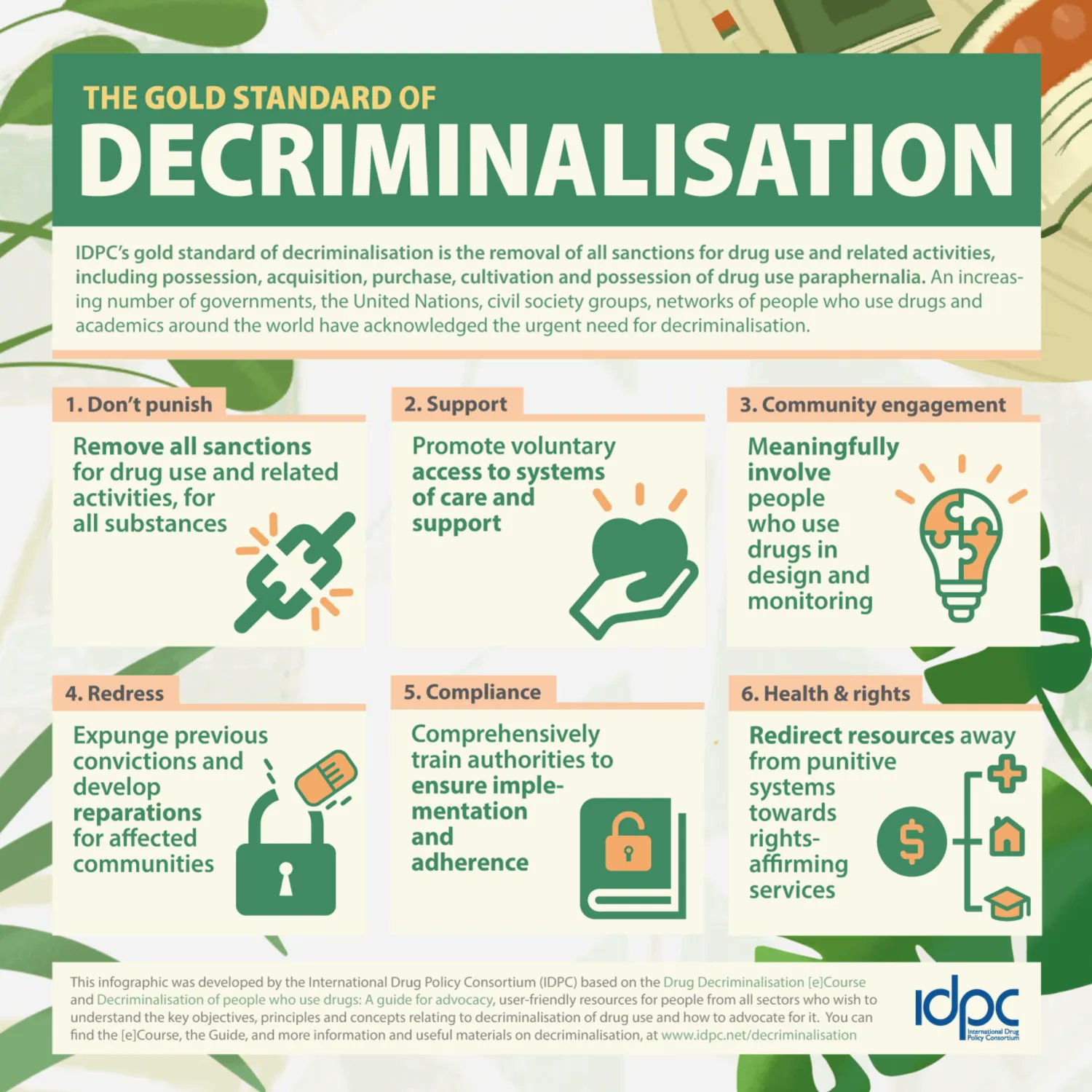
‘If drug use is being treated as a health issue, it should not be a matter for police.’
The ACT took just one step towards getting decriminalisation right
Will Tregoning
21.10.22
Decriminalisation of drug use in the ACT could be a step towards a fairer and more caring future, but it must be monitored carefully to make sure it doesn’t have the opposite effect.
Labor talks about treating drugs as a ‘health issue’ but their new legislation includes fines up to $8,000 and six months prison for personal possession of drugs.
This is very different from the decriminalisation of cannabis in 2019. That reform made it possible for adults in the ACT to possess cannabis, without any fines or fear of arrest.
When police stop and search people, that in itself is harmful. If drug use is being treated as a health issue, it should not be a matter for police.
But this new legislation takes away the paperwork for police and makes drug possession arrests easy and lucrative.
The risk here – that police arrest more people than before – is exactly what happened when South Australia tried a similar partial decriminalisation of cannabis possession.
That would have the harshest impact on people living in poverty, people experiencing homelessness, and Aboriginal people who are too often targeted by police.
The International Drug Policy Consortium are right – decriminalisation should mean the removal of all sanctions for drug use.
This impact of this new legislation in the ACT should be monitored closely. It can be celebrated, but it should be regarded as just one step towards getting this reform right.
Dr Will Tregoning is the CEO of Unharm.
Image Credit:
International Drug Policy Consortium
Sign up
Sign up for news and opportunities to get involved
We are working to make drug use legal and safe in Australia so that everyone has a better chance to lead a healthy and happy life. Join us.